Gay Marriage In West Virginia
Historically, the public opinion and support of gay marriage has been overwhelmingly negative, but it is changing. Much like its neighbor, West Virginia is a hard nut to crack when it comes to progressive laws and the acceptance of gay marriage. Gay marriage might be legal in West Virginia since 2014, but the state has a long way to go in its journey toward acceptance. Just how did it become one of the states to accept legalization of gay marriage? Manplay.com has all you need to know about gay marriage in West Virginia. Find out the history, statistics, and current status of West Virginia gay marriage here.
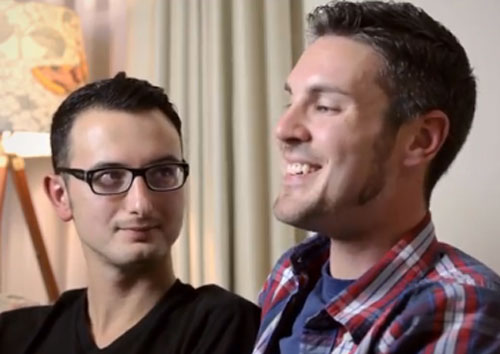
History of Gay Marriage In West Virginia
Historically, the opinion of gay marriage and the protection and support toward gay rights has been negative all around. While sexual activity between gay couples has technically been legal since 1976, West Virginia politics still has a stronghold on conservative marriage traditions and the people's opinion is taking some time to change.
The movement toward gay marriage freedoms and rights had shown up in political debate since the early 2000's. It reared its head again in 2009 when a bill which would amend the constitution and lift the ban on same-sex marriage tried to make it out onto the public ballot. The House of Delegates voted it down with an overwhelming 67-30 and the bill never reached voters nor was it revised. Instead, the decision to keep marriage defined as a union between one man and one woman was heavily supported not only by state officials, but by an influential Evangelist group and The Family Council Policy of West Virginia, an explicitly anti-gay lobbying group. Times were hard for gay couples in West Virginia.
2010 saw the Marriage Protection Amendment – a Constitutional Amendment which defines marriage as a union between one man and one woman. It was re-introduced to the Senate and the House of Delegates, but a small victory was found in favor of the gay community when efforts were defeated in both arenas and the amendment was not passed.
In 2011, The LGBT public discovered they were not as alone as they might have thought they were when it came to support from the state officials. A Democratic member of West Virginia's House of Delegates by the name of John Doyle attempted to introduce a bill which would legalize civil unions. Unfortunately, when it was submitted in February of 2012, it died without a single vote.
Gay marriage and equal rights for the LGBT community only continued to heat up on the political floor in West Virginia. In 2013, Lambda Legal – an organization focusing on gay, lesbian, trans, and bisexual issues as well as servicing people living with HIV/AIDS – joined the fight. Having previously been involved in several cases regarding the definition and legalization of gay marriage, Lambda Legal filed the lawsuit McGee v. Cole in the U.S. District Court of West Virginia.
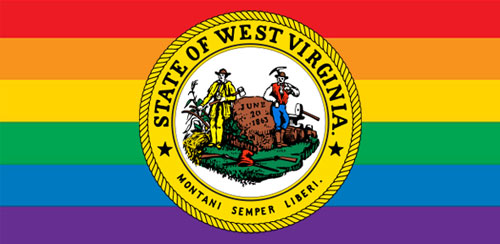
The case was filed on behalf of three same-sex couples and one of their children. It challenged West Virginia's refusal of marriage licenses for same-sex couples and named two county clerks as defendants.
One month after the case was filed, West Virginia's Attorney General Patrick Morrisey asked that his office be allowed to defend the state's regulation on marriage. In December of 2013, the Attorney General asked a federal judge to dismiss the case claiming that the plaintiffs had no legal basis to challenge the law while the County's lawyer stated that the matter should be handled by the legislation process.
Several attempts to secure a dismissal of the lawsuit ensued. Lambda Legal disputed that the Defence of Marriage Act violated the 14th amendment in the United States Constitution. The gay community watched with bated breath as the case proceeded. In June 2013, the U.S. Supreme Court ruled that any same-sex couples legally married outside of West Virginia were entitled to federal benefits. One small step toward legalization of gay marriage in West Virginia, although it seemed to be stalling the matter at hand. The Judge Chambers overseeing the case ordered a stay of proceedings later in June 2013 due to the Bostic v. Shaefer case in Virginia that had been taken to the Fourth Circuit of Appeals.
Victory for gay marriage in West Virginia remained hanging on the ruling of Virginia's own same-sex marriage case. Finally, on October 9th, 2014 Patrick Morrisey announced he would no longer defend the suit.
West Virginia Governor Ray Tomblin made an announcement which ordered state agencies to act in compliance with the decisions on the unconstitutionality of banning gay marriage in Virginia, which technically made gay marriage legal in West Virginia starting that day. The state began to issue marriage licenses to same-sex individuals shortly after. On November 7th, Judge Chambers ruled that the state ban on gay marriage was in fact unconstitutional. The last nail in the coffin against gay marriage.
Finally, gay marriage was legal in West Virginia.
West Virginia Gay Marriage Statistics
Statistics have not been kind to the LGBT community in support of West Virginia gay marriage. In a 2011 Public Policy Poll, an underwhelming 19% stated they supported legalization of gay marriage while a whopping 71% said they were against gay marriage and only 7% were unsure.
In 2013, another Public Policy Poll found that the support for gay marriage was increasing, even if slowly and slightly. 23% of West Virginia's voters said they support gay marriage legalization, while 70% still stood by traditional marriage laws and 7% were not sure. Another question on the same survey showed that while support for gay marriage in West Virginia was low, at least 49% of West Virginia voters would support legal recognition of same-sex couples. 29% of West Virginia voters supported civil unions, but not marriage, 48% said they supported no legal recognition whatsoever and 4% were not sure.
According to data collected from Fairness West Virginia and the Equality Federation, 45, 613 of the adult population identify as LGBT making 3.1% of the adult population in West Virginia lesbian, gay, bi, or trans. Among that, approximately 18% of West Virginia's gay population are raising children.
2015 Data collected by the Public Religion Research Institute showed that 13% of West Virginia respondents strongly favor gay marriage rights, 24% were in favor, 22% opposed gay marriage, 33% strongly opposed it and 7% remained unsure.
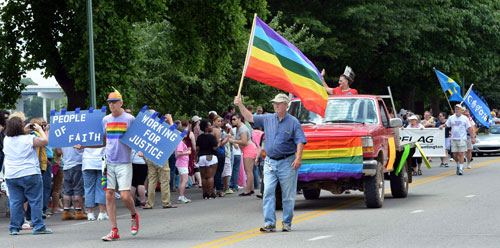
Current Status Of West Virginia Gay Marriage
Gay Marriage has been legal in West Virginia since the court decision made in Virginia in 2014. As far as progressive states go, West Virginia is fairly low on that metric, but that does not mean that it isn't trying.
Since the U.S. Supreme Court declared the ban on gay marriage unconstitutional and that all states remove their ban on gay marriage, the chances of it disappearing from any state is low. However, when it comes to protection for LBGT identified individuals and same-sex married couples, the state of West Virginia has a long way to go to truly make their state fair for all.
In February of 2016, House Bill 4012, "West Virginia Religious Freedom Restoration Act", was introduced in an attempt to amend the Code of West Virginia. Its policy outlined the freedom for citizens, employers, service workers, etc., to refuse service, work, or otherwise discriminate based on their religious beliefs.
Fortunately, in March 2016, the bill failed to pass in the West Virginia Senate by an overwhelming 7-27.
Non Discrimination laws don't exist state-wise, but do exist in:
Buckhannon
Charleston
Elkins (Sexual Orientation only)
Harpers Ferry
Huntington
Kanawha (Sexual Orientation only)
Lewisburg
Martinsburg
Morgantown
Sutton
Thurmond
Future Status Of West Virginia Gay Marriage
All in all, gay marriage is here to stay. The current west Virginian politics make the comfort and equality of LGBT and gay couples difficult. Regardless, there are several organizations constantly ready to fight and defend unfairness found in the judiciary system of West Virginia. With some time, the public mind will continue to change as the polls have begun to show and hopefully the bureaucratic opinions will follow suit.
To learn more about gay marriage in West Virginia, visit any of the following:
- LGBT Resources in West Virginia
- West Virginia kills Anti Gay bill by huge margin

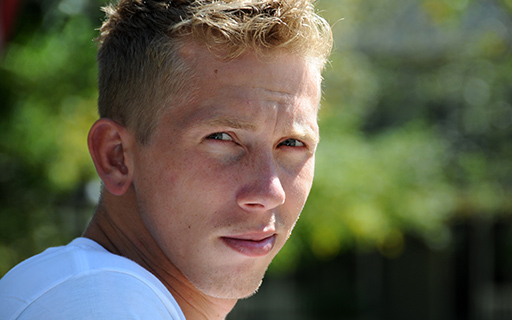





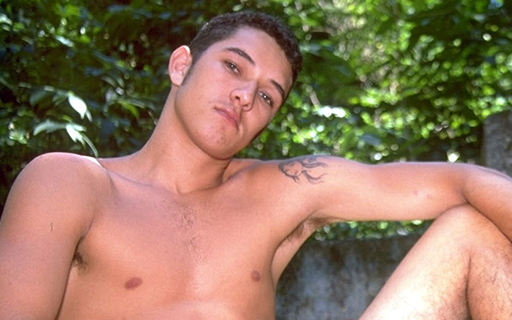



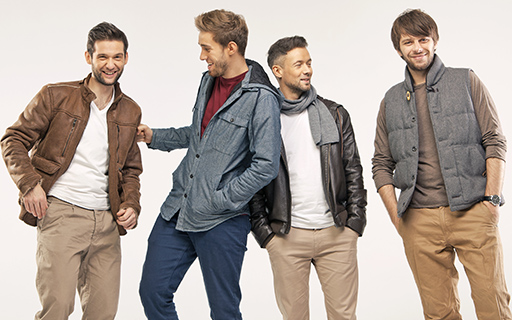














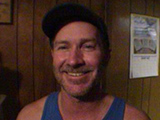























































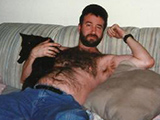





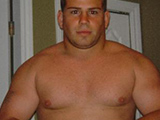


























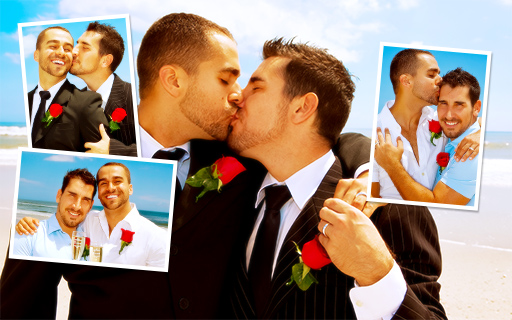

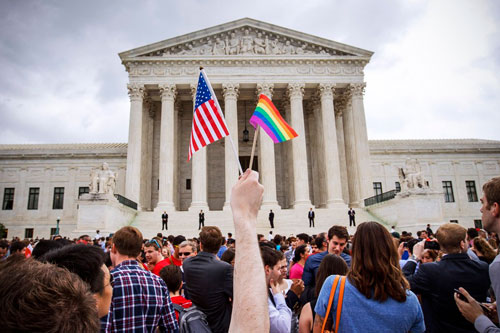
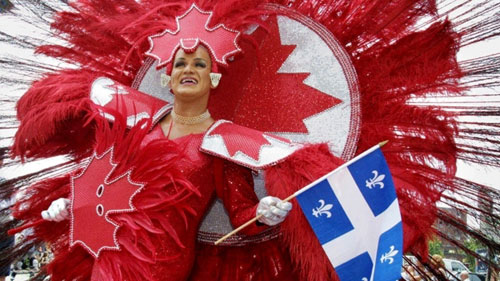



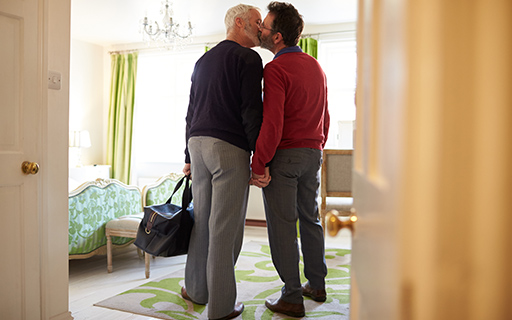


Comments